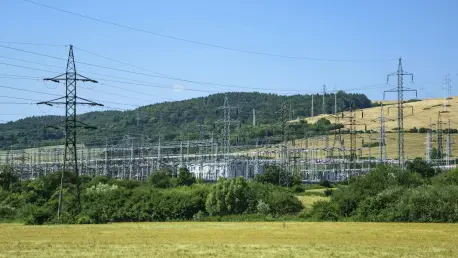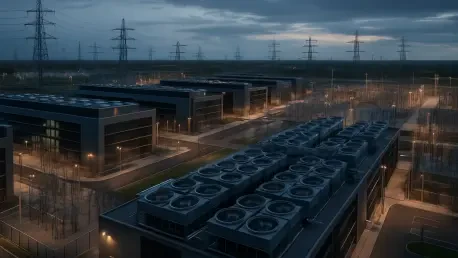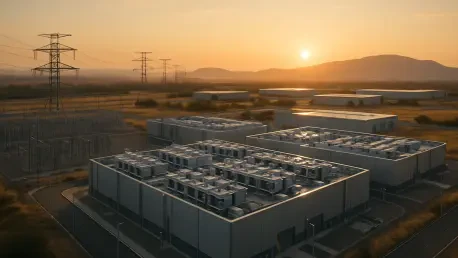

In an industry often defined by its environmental challenges, Mexico's state-owned oil company, PEMEX, is embarking on a pivotal initiative that could redefine the future of its refining operations. The company has launched a collaborative energy efficiency project with the Japan International

The very surfaces of our cities, from the shimmering glass of downtown skyscrapers to the vast brick walls of industrial complexes, represent an enormous, untapped reservoir of potential energy. A new generation of flexible, building-integrated photovoltaic technology, often described as "solar

The invisible constituents of the air we breathe may hold a more profound influence over mental well-being than previously understood, particularly for older adults. A sweeping nationwide study has illuminated a direct and troubling connection between long-term exposure to specific chemical

With a deep background in energy management and electricity delivery, Christopher Hailstone is uniquely positioned to dissect the complex forces shaping today’s metals markets. As our go-to utilities expert, he offers critical insights into how narratives around grid reliability and next-generation

From Power Hogs to Community Partners: A New Energy Paradigm The insatiable energy appetite of the digital age, epitomized by the explosive growth of data centers, is placing unprecedented strain on global power grids. As these massive facilities, often called hyperscalers, become the backbone of

The Double-Edged Sword of Innovation The relationship between artificial intelligence and the energy sector has reached a critical inflection point, presenting a profound paradox that is reshaping markets and challenging long-held assumptions. AI, the engine of our technological future, is creating

An Industry on the Brink of Transformation The U.S. residential solar and energy storage sector is hurtling toward a pivotal moment that will fundamentally reshape its economic landscape. A key federal tax credit that has fueled a decade of explosive growth is set to expire at the end of 2025,

From Climate Ambition to Global Trade Reality: The EUs Carbon Tax Enters a New Era The seemingly invisible carbon embedded in everyday products is rapidly becoming a tangible cost at European borders, reshaping the fundamental principles of international trade. Born from the ambitious framework of

The Federal Energy Regulatory Commission has decisively intervened in the escalating collision between the digital economy's insatiable energy appetite and the physical constraints of the nation's power grid, issuing a landmark directive to the PJM Interconnection. This order mandates the creation

A New Blueprint for Power-Hungry Tech The Federal Energy Regulatory Commission (FERC) has decisively stepped into the escalating debate over the energy needs of the digital age, issuing a landmark directive aimed at the PJM Interconnection, one of the nation's largest grid operators. This order
ITCurated uses cookies to personalize your experience on our website. By continuing to use this site, you agree to our Cookie Policy